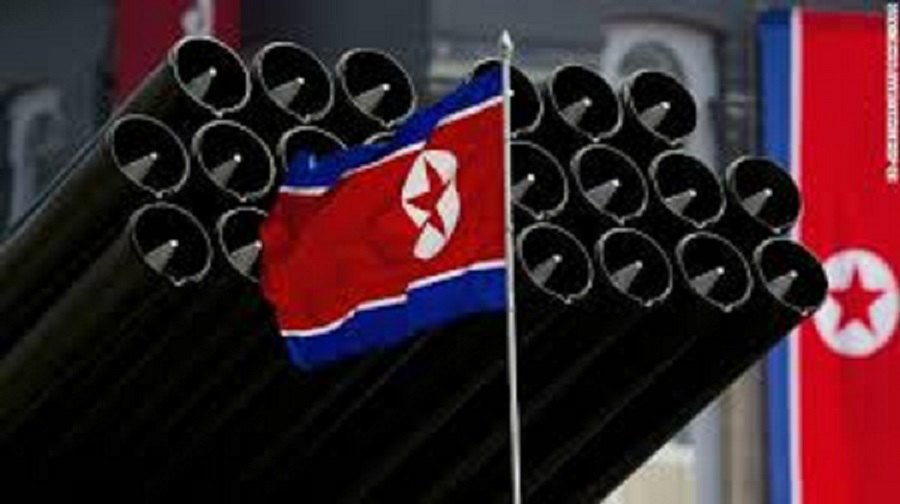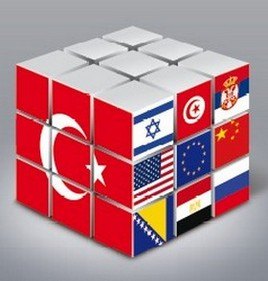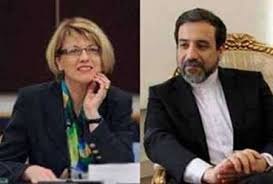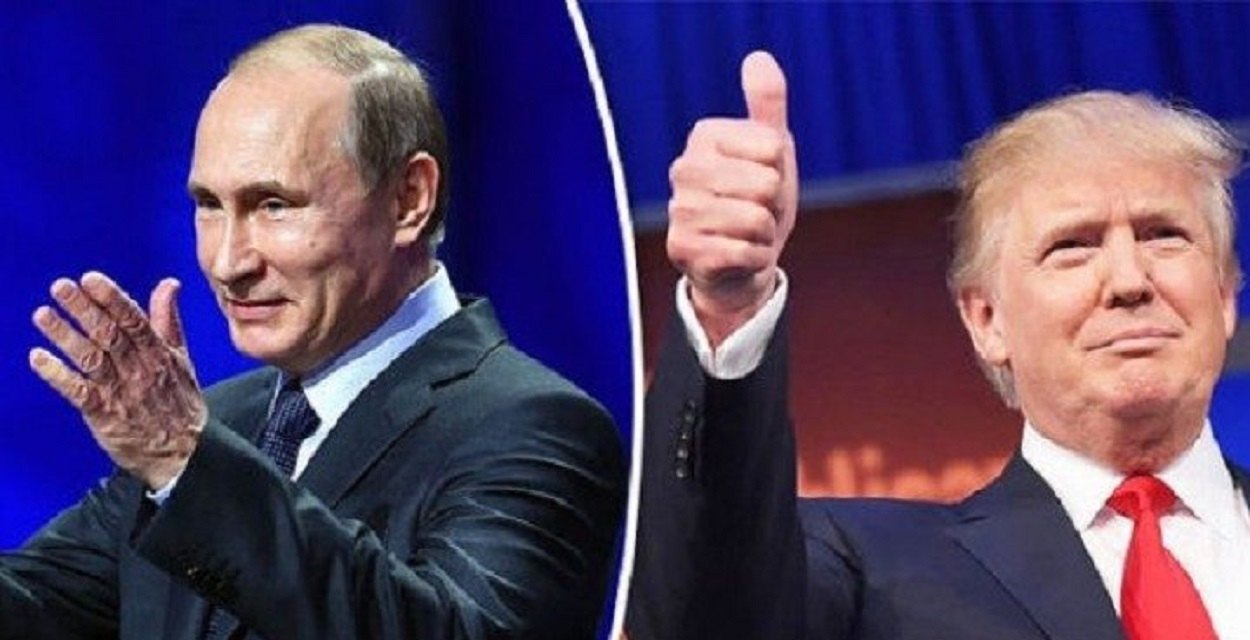North Korean Crisis: the Difficulty of a Particular Route of Power Projection

Mohsen Shariatinia
North Korea has unprecedentedly increased the quantity and quality of its missile tests, and on the other hand, two United Nations Security Council resolutions have been adopted against it in the short run, and the military arrangement in its security environment has increased the level of threats against it. How can the latest developments in North Korea’s nuclear missile and nuclear program be understood? What are the effects and consequences of this crisis on Iran’s national security?
As the North Korea’s nuclear program and missile develops since 2006, unilateral, bilateral and multilateral sanctions against the country are intensifying. The most recent and most important sanctions against the country are the Security Council resolutions 2371 and 2375. Resolutions that have been adopted in recent months in response to significant advances in the nuclear and missile program of the country.
At first glance, North Korea’s nuclear crisis does not have much to do with Iran and Iran’s national security. The geopolitical environment of the two countries is very different, and the two never threatened each other. But North Korea’s credibility and the great power’s response can be important in terms of reflection on the international position of Iran and its path to power-building.
North Korea’s radical reliance on part of its hard power has created an increasing gap between this country and its rivals in other areas of power, in particular soft power. For example, the international position of North Korea and its southern neighbor is not comparable in terms of soft power sources in the current situation.
Over the past three decades, China has become the second-largest economy of the world with the world’s largest middle class and turned to a growing source of soft power and an extremely influential actor in global equities. But North Korea is a single-based power and a secluded, securitized country with a gloomy face in the global public opinion.
North Korea has achieved nuclear weapons in a situation that its economic security increasingly facing threats because of sanctions. In other words, the country’s path of power-seeking has created increasing challenges for its national security.
The North Korean power-finding track has paved the way for powers such as China, Japan, Russia, and the United States, which are deeply divided, to make North Korea a tool for strategic bargaining and playing their leadership role in the global system.
North Korea has increased its hard power over the last three decades, but these sources of power have not led to an increase in international position. This country has not been able to legitimize its sources of power in its interaction with the international community and increase its international position in this direction.





